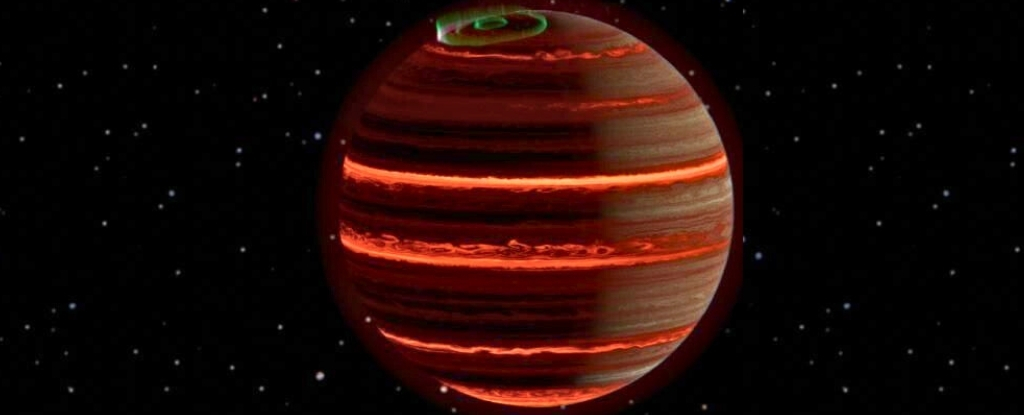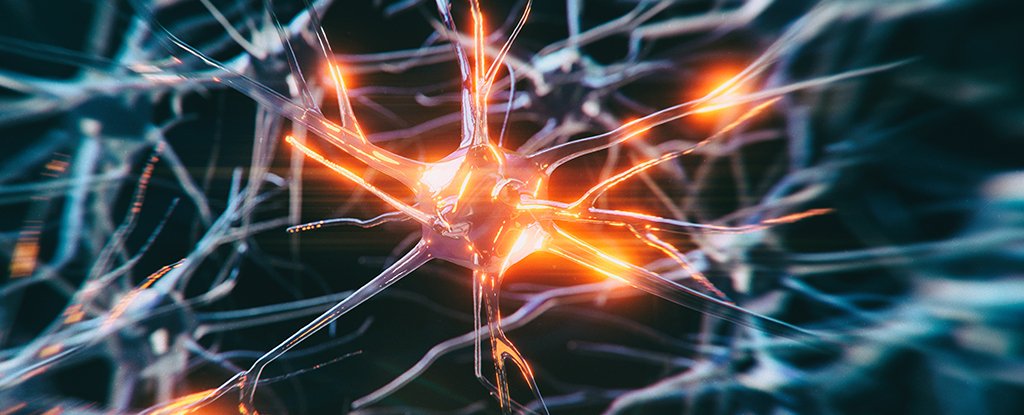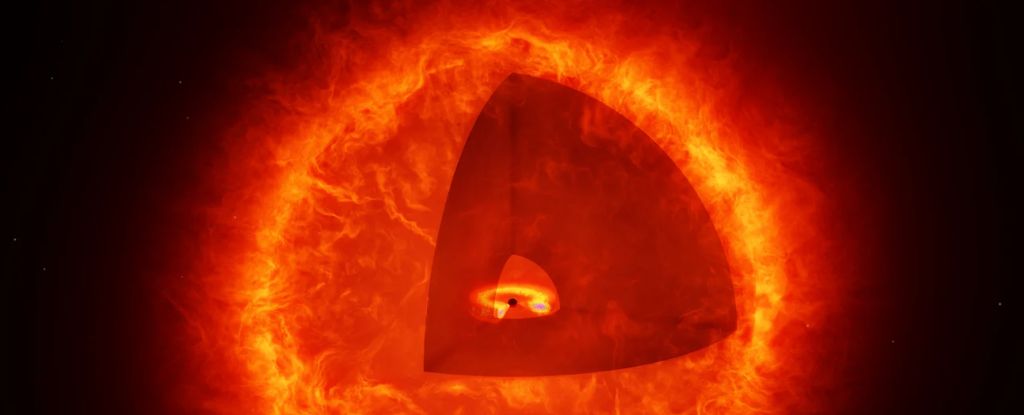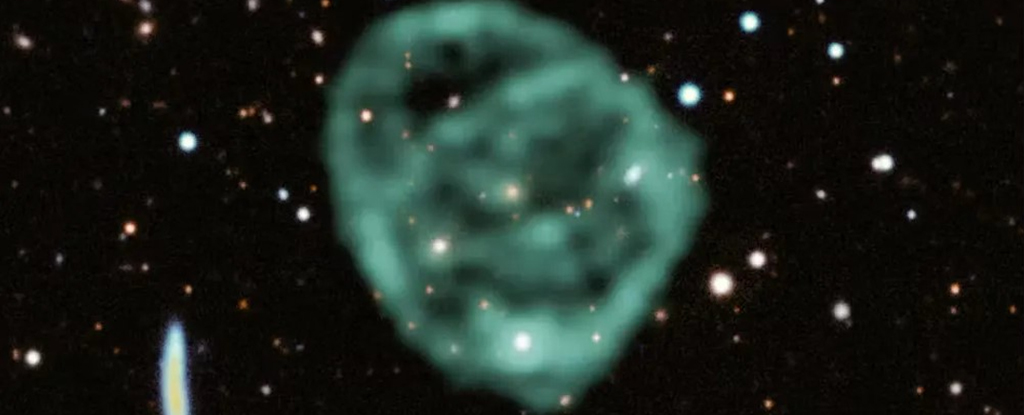What can auroras on a rogue planet teach astronomers about planetary formation and evolution? This is what a recent study published in Astronomy & Astrophysics hopes to address, as an international team of researchers investigated the atmospheric composition of a nearby rogue planet, including its atmospheric temperature and auroras. This study has the potential to help astronomers better understand rogue …
Read More »Tag Archives: ScienceAlert
This Popular Diet Seems to Reduce Gum Disease, Scientists Say : ScienceAlert
There’s something rather special about the Mediterranean diet: already associated with a lower risk of Alzheimer’s disease, early death, poor mental health, and more besides, a new study links the diet to better gum health too. The study, carried out by researchers from King’s College London and the University of Catania in Italy, involved 195 participants with an average age …
Read More »The Sound of Earth’s Flipping Magnetic Field Is an Unnerving Horror : ScienceAlert
Earth’s magnetic field dramatically flipped roughly 41,000 years ago. Now you can actually ‘hear’ this epic upheaval, thanks to a clever interpretation of information collected by the European Space Agency’s Swarm satellite mission. Combining the satellite data with evidence of magnetic field line movements on Earth, geoscientists mapped the Laschamps event and represented it using natural noises like the creaking …
Read More »Largest Study of Its Kind Reveals The Genes Behind Dyslexia : ScienceAlert
A massive study involving genetic data from over 1.2 million people has identified over a dozen new gene regions associated with dyslexia. “We have produced the largest genetic study of dyslexia to date,” write the study authors, led by University of Edinburgh molecular geneticist Hayley Mountford. Dyslexia is a neurodevelopmental brain difference that can make certain aspects of modern life …
Read More »Mysterious Signature in Greenland’s Ice Might Not Be From Space After All : ScienceAlert
Buried deep in Greenland’s ice sheet lies a puzzling chemical signature that has sparked intense scientific debate. A sharp spike in platinum concentrations, discovered in an ice core (a cylinder of ice drilled out of ice sheets and glaciers) and dated to around 12,800 years ago, has provided support for a hypothesis that the Earth was struck by an exotic …
Read More »The Sad Case of The Youngest-Ever Alzheimer’s Diagnosis : ScienceAlert
In 2023, neurologists at a memory clinic in China diagnosed a 19-year-old with what they believed to be Alzheimer’s disease – making him the youngest person ever to be diagnosed with the condition. The teen first began experiencing memory decline around age 17, with symptoms worsening over time. Brain scans revealed shrinkage in the hippocampus, a region involved in memory, …
Read More »Giant Stars With Black Holes Inside Them May Have Been Detected For The First Time : ScienceAlert
Some of the mysterious pinpricks of light at the dawn of the Universe could be a type of object we’ve never seen before. According to a new analysis of a “little red dot” (LRD) nicknamed The Cliff, these unexplained objects could be supermassive black holes wrapped in huge, dense clouds of gas, like an atmosphere surrounding a stellar core. It’s …
Read More »Chronic Insomnia May Spark Changes in The Brain That Trigger Dementia : ScienceAlert
Staring at the ceiling while the clock blinks 3am doesn’t only sap energy for the next day. A large, long-running US study of older adults has now linked chronic insomnia to changes inside the brain that set the stage for dementia. The researchers, from the Mayo Clinic in the US, followed 2,750 people aged 50 and over for an average …
Read More »The First Black Hole We Ever Saw Is Doing Something Never Seen Before : ScienceAlert
Images taken of the Universe’s most photogenic black hole over time reveal strange and exciting changes in its magnetic field. Using observations obtained using the Event Horizon Telescope in 2017, 2018, and 2021, scientists mapped changes in the polarization of M87*’s magnetic field, suggesting that, while the black hole itself is stable, there’s wild and dynamic cosmic weather raging outside …
Read More »Eerie Circles in Space Could Be Blasts From Black Holes : ScienceAlert
Strangely sharp circles of radio waves in space have puzzled astronomers since their surprise discovery in 2019. Now, a team has analyzed one closely in hopes that it might give up its secrets. Firing up a new observatory brings the possibility of discovering brand-new phenomena out in space that our technology has not been able to see before. That’s precisely …
Read More »








